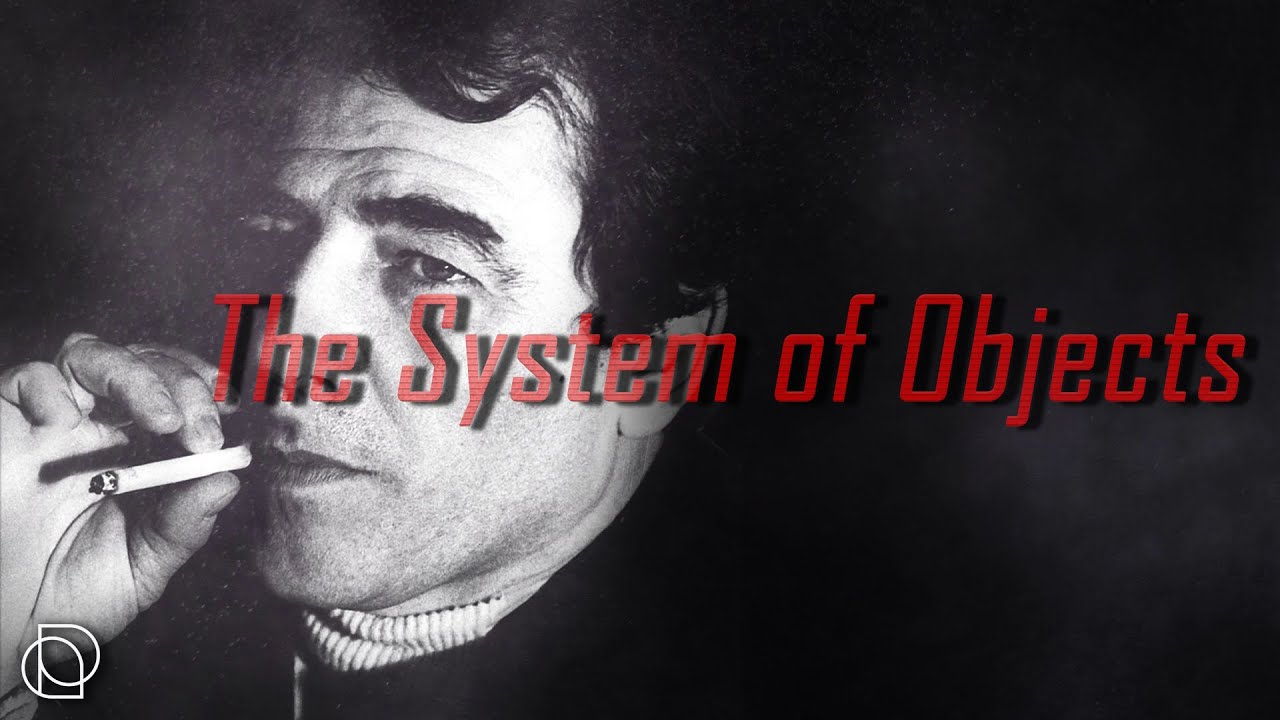How Supermarkets Rewired The Planet
Summary
TLDRThis video delves into the complexities of our modern food system, exploring the environmental and ethical implications of consumerism. It highlights the power of cooperatives as a potential solution, empowering individuals to take back control over their food choices. By examining the hidden costs of convenience and the unsustainable practices of large corporations, the video encourages a shift in mindset. It challenges viewers to rethink their habits, unlearn the pursuit of convenience at all costs, and embrace a more sustainable approach to living and consuming.
Takeaways
- 😀 The cooperative model is not a perfect solution, but it represents a meaningful step towards addressing systemic issues.
- 😀 People are reclaiming power that has been relinquished, creating an opportunity for positive change.
- 😀 Supermarkets have conditioned consumers to expect convenience and instant gratification, contributing to unsustainable practices.
- 😀 The desire for convenience often leads to hidden costs, which are not immediately apparent at the checkout.
- 😀 There is a need to 'un-learn' the convenience culture that has been ingrained in society for years.
- 😀 Redefining how we consume and interact with the world requires significant changes in personal habits and perspectives.
- 😀 Humans have the capacity to reshape the world around them, but the real challenge is reshaping individual behaviors and mindsets.
- 😀 Sustainable solutions require collective effort and a commitment to making changes that benefit the broader community.
- 😀 The human footprint on the planet is largely shaped by everyday consumer choices and actions.
- 😀 The journey towards more sustainable living involves both structural changes in society and individual efforts to adapt and change.
- 😀 More people are becoming aware of the impact of their consumption, paving the way for more thoughtful, intentional decisions in the future.
Q & A
What is the central theme of the script?
-The central theme of the script revolves around the consumer's impact on the environment and the need to rethink our consumption patterns, particularly in the context of supermarkets and our convenience-driven choices.
What does the script suggest about supermarkets and consumer behavior?
-The script suggests that supermarkets have trained consumers to believe they can have whatever they want, whenever they want it. However, this convenience comes at a hidden cost, which is not immediately visible at the checkout.
How does the co-op model fit into the larger conversation of consumerism?
-The co-op model is presented as a potential solution to the problems caused by conventional consumerism. It allows people to reclaim some of the power that they have relinquished to large corporations, offering a more sustainable and community-driven approach.
Why does the speaker feel the need to 'un-learn' the lesson taught by supermarkets?
-The speaker feels the need to un-learn the lesson because they realize that the convenience of having everything available at their fingertips comes with environmental and societal costs. This realization challenges the value of convenience-driven consumption.
What is implied by the phrase 'reshaping the world' and 'reshaping ourselves'?
-The phrase implies that while people are capable of changing the world through collective action, personal transformation is just as crucial. The speaker emphasizes the importance of changing individual behaviors to align with more sustainable practices.
What role does the co-op play in rethinking consumption?
-The co-op serves as an example of a model where people take back control, focusing on sustainable and ethical consumption. It offers a community-driven alternative to traditional supermarkets, empowering individuals to make better choices for themselves and the planet.
What is meant by 'the cost that we don’t see at the checkout'?
-This phrase refers to the hidden environmental, social, and economic costs of consumerism, which are not immediately apparent when purchasing goods. These costs can include environmental degradation, unfair labor practices, and long-term sustainability issues.
What is the significance of the statement 'People are great at reshaping the world'?
-This statement highlights the power of collective human action to drive change on a global scale. It suggests that humans are capable of creating a better future through conscious effort, particularly in terms of sustainability and ethical consumption.
How does the speaker address the challenge of changing consumption habits?
-The speaker acknowledges that changing consumption habits is difficult but emphasizes that it is possible. They stress the importance of personal transformation in order to contribute to larger environmental and societal shifts.
What does the script suggest about the future of consumer choices?
-The script suggests that the future of consumer choices lies in making more responsible, sustainable decisions. People need to be aware of the true costs of their convenience and take steps toward reshaping their behaviors to reduce harm to the planet and society.
Outlines

Dieser Bereich ist nur für Premium-Benutzer verfügbar. Bitte führen Sie ein Upgrade durch, um auf diesen Abschnitt zuzugreifen.
Upgrade durchführenMindmap

Dieser Bereich ist nur für Premium-Benutzer verfügbar. Bitte führen Sie ein Upgrade durch, um auf diesen Abschnitt zuzugreifen.
Upgrade durchführenKeywords

Dieser Bereich ist nur für Premium-Benutzer verfügbar. Bitte führen Sie ein Upgrade durch, um auf diesen Abschnitt zuzugreifen.
Upgrade durchführenHighlights

Dieser Bereich ist nur für Premium-Benutzer verfügbar. Bitte führen Sie ein Upgrade durch, um auf diesen Abschnitt zuzugreifen.
Upgrade durchführenTranscripts

Dieser Bereich ist nur für Premium-Benutzer verfügbar. Bitte führen Sie ein Upgrade durch, um auf diesen Abschnitt zuzugreifen.
Upgrade durchführenWeitere ähnliche Videos ansehen

TED: Carolyn Steel - How food shapes our cities

Jean Baudrillard: The System of Objects

Princípio responsabilidade, de Hans Jonas - Brasil Escola

Cellphone Surveillance Explained - Stingray/IMSI Catchers

Introduction to Ethics: Exploring the Foundations and Frameworks of Moral Decision-Making (Eng) # 1

O que são os Transgênicos?
5.0 / 5 (0 votes)
